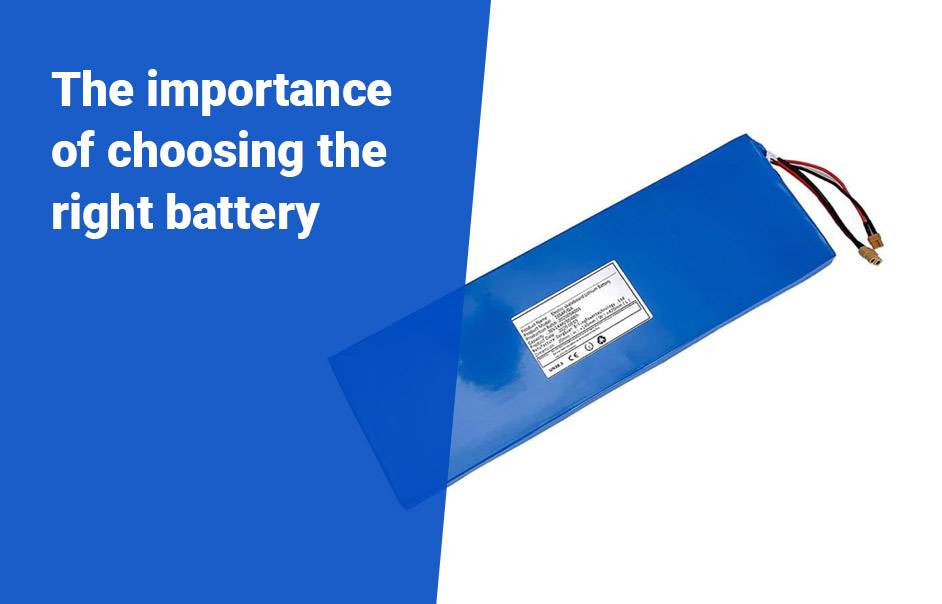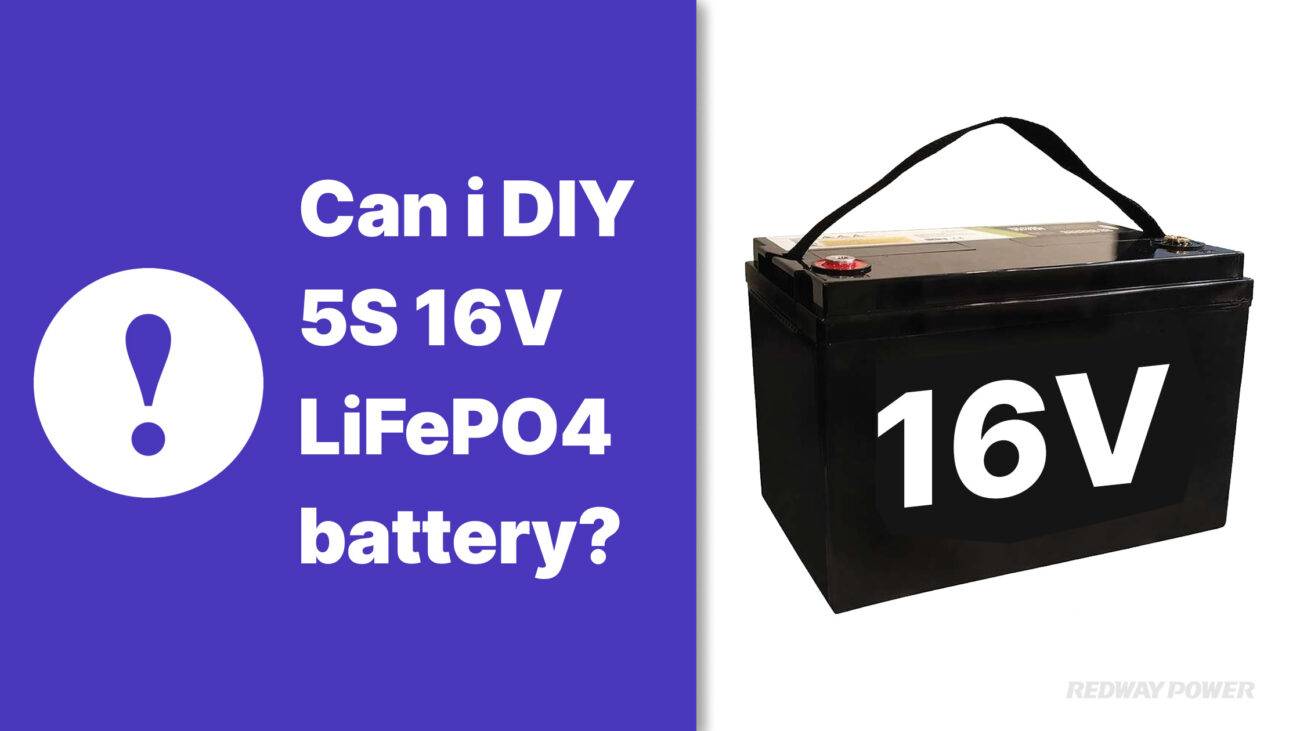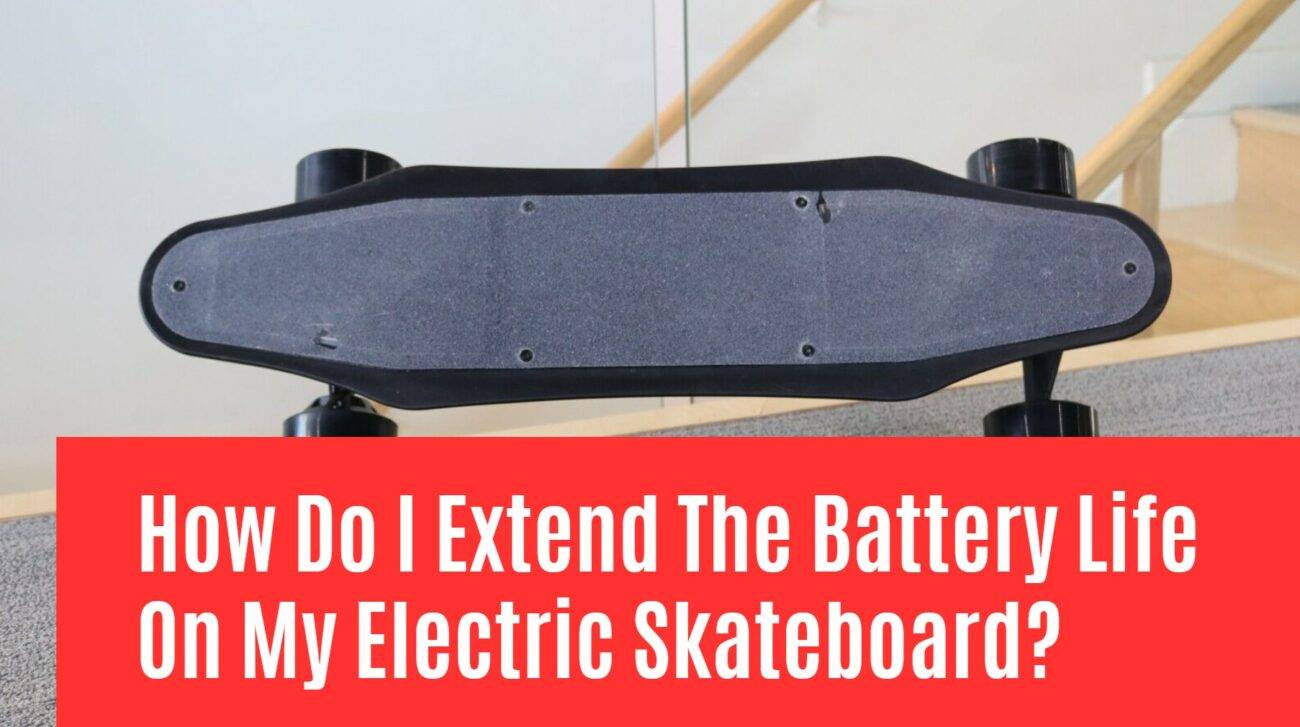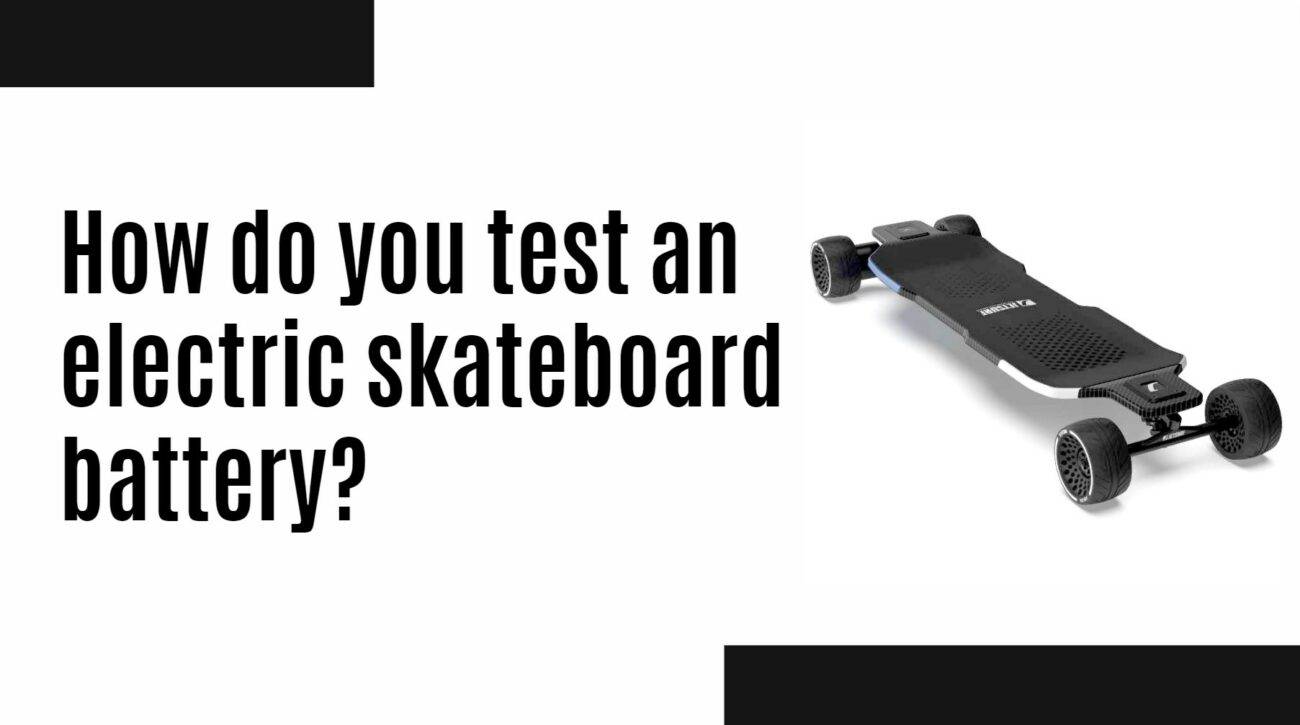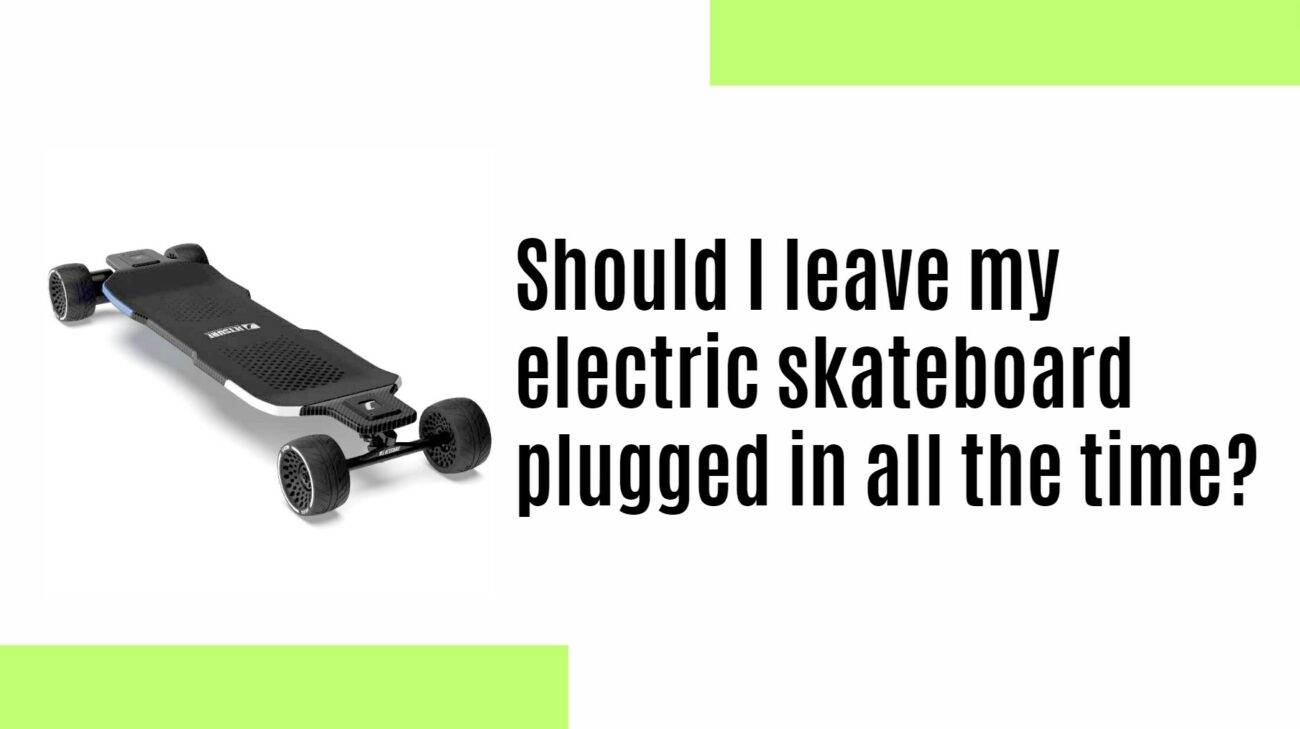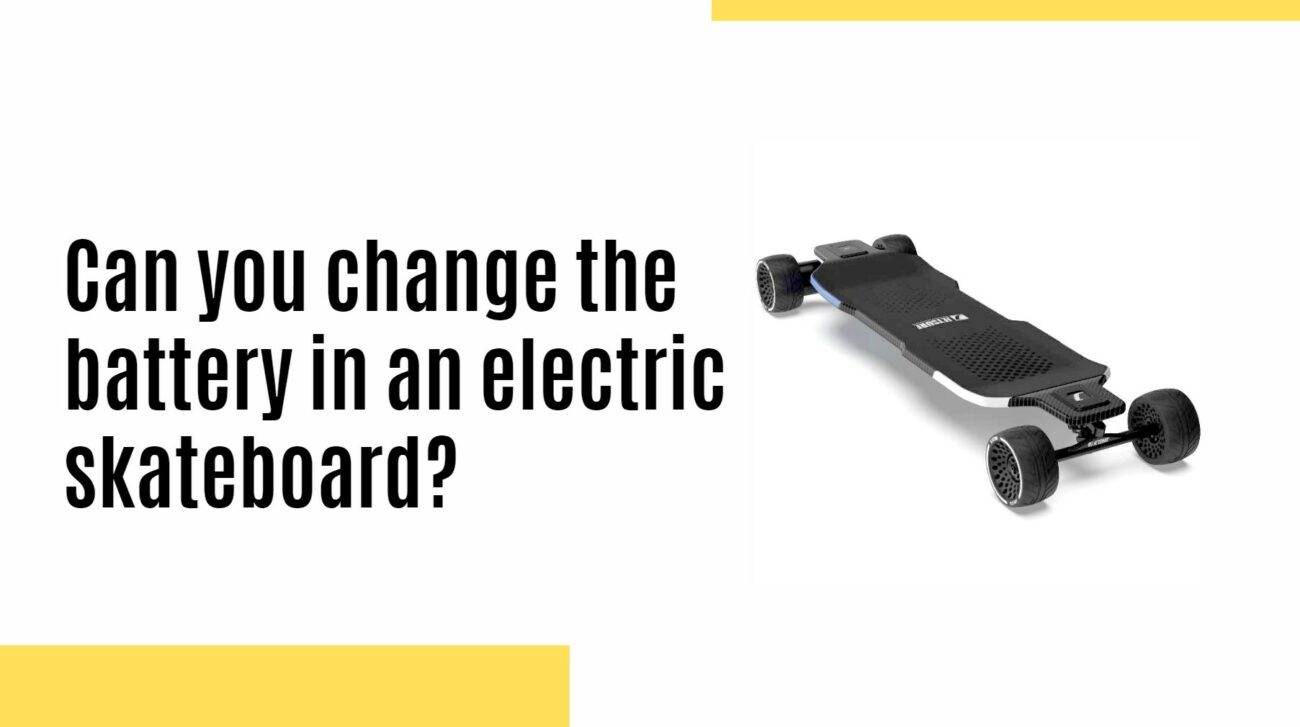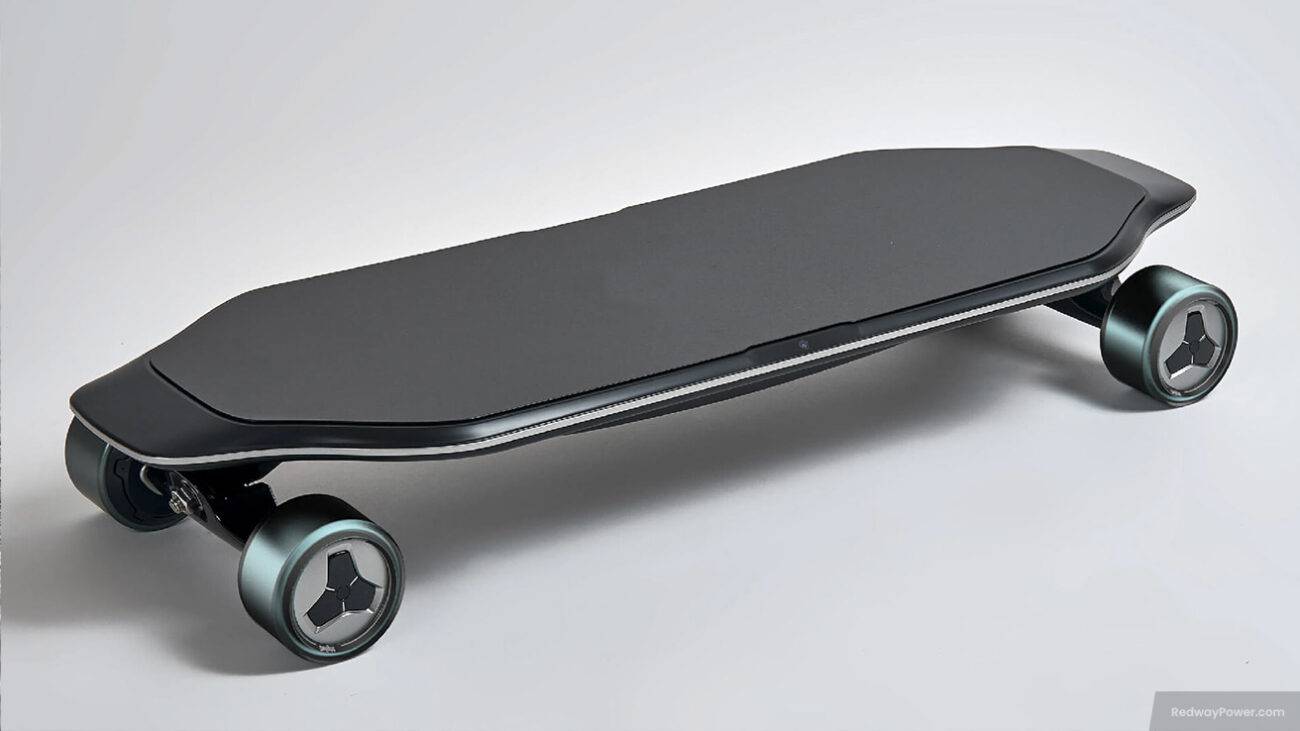- Forklift Lithium Battery
-
48V
- 48V 210Ah
- 48V 300Ah
- 48V 420Ah (949 x 349 x 569 mm)
- 48V 420Ah (950 x 421 x 450 mm)
- 48V 456Ah
- 48V 460Ah (830 x 630 x 590 mm)
- 48V 460Ah (950 x 421 x 450 mm)
- 48V 460Ah (800 x 630 x 600 mm)
- 48V 460Ah (820 x 660 x 470 mm)
- 48V 500Ah
- 48V 560Ah (810 x 630 x 600 mm)
- 48V 560Ah (950 x 592 x 450 mm)
- 48V 600Ah
- 48V 630Ah
-
48V
- Lithium Golf Cart Battery
- 12V Lithium Battery
12V 150Ah Lithium RV Battery
Bluetooth App | BCI Group 31
LiFePO4 Lithium
Discharge Temperature -20°C ~ 65°C
Fast Charger 14.6V 50A
Solar MPPT Charging - 24V Lithium Battery
- 36V Lithium Battery
- 48V Lithium Battery
-
48V LiFePO4 Battery
- 48V 50Ah
- 48V 50Ah (for Golf Carts)
- 48V 60Ah (8D)
- 48V 100Ah (8D)
- 48V 100Ah
- 48V 100Ah (Discharge 100A for Golf Carts)
- 48V 100Ah (Discharge 150A for Golf Carts)
- 48V 100Ah (Discharge 200A for Golf Carts)
- 48V 150Ah (for Golf Carts)
- 48V 160Ah (Discharge 100A for Golf Carts)
- 48V 160Ah (Discharge 160A for Golf Carts)
-
48V LiFePO4 Battery
- 60V Lithium Battery
-
60V LiFePO4 Battery
- 60V 20Ah
- 60V 30Ah
- 60V 50Ah
- 60V 50Ah (Small Size / Side Terminal)
- 60V 100Ah (for Electric Motocycle, Electric Scooter, LSV, AGV)
- 60V 100Ah (for Forklift, AGV, Electric Scooter, Sweeper)
- 60V 150Ah (E-Motocycle / E-Scooter / E-Tricycle / Tour LSV)
- 60V 200Ah (for Forklift, AGV, Electric Scooter, Sweeper)
-
60V LiFePO4 Battery
- 72V~96V Lithium Battery
- Rack-mounted Lithium Battery
- E-Bike Battery
- All-in-One Home-ESS
- Wall-mount Battery ESS
-
Home-ESS Lithium Battery PowerWall
- 24V 100Ah 2.4kWh PW24100-S PowerWall
- 48V 50Ah 2.4kWh PW4850-S PowerWall
- 48V 50Ah 2.56kWh PW5150-S PowerWall
- 48V 100Ah 5.12kWh PW51100-F PowerWall (IP65)
- 48V 100Ah 5.12kWh PW51100-S PowerWall
- 48V 100Ah 5.12kWh PW51100-H PowerWall
- 48V 200Ah 10kWh PW51200-H PowerWall
- 48V 300Ah 15kWh PW51300-H PowerWall
PowerWall 51.2V 100Ah LiFePO4 Lithium Battery
Highly popular in Asia and Eastern Europe.
CE Certification | Home-ESS -
Home-ESS Lithium Battery PowerWall
- Portable Power Stations
What Are the Best Batteries for DIY Electric Skateboards?
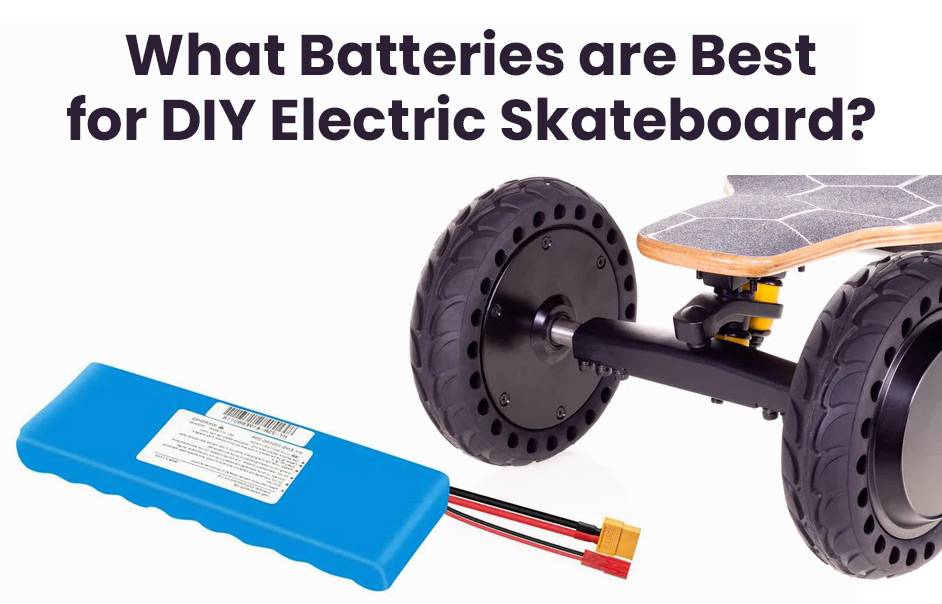
When building a DIY electric skateboard, selecting the right battery is crucial for performance and safety. Lithium-ion batteries are often favored due to their high energy density, lightweight design, and long cycle life. Understanding the types of batteries available and their specifications will help you make an informed choice.
What Types of Batteries Are Commonly Used in Electric Skateboards?
The most common types of batteries used in electric skateboards include:
- Lithium-Ion (Li-ion): Known for their high energy density and efficiency, these batteries are lightweight and have a long lifespan. They are ideal for most electric skateboard applications.
- Lithium Polymer (LiPo): These batteries offer excellent discharge rates and are often used in performance-oriented boards due to their ability to deliver high power quickly.
- Nickel-Metal Hydride (NiMH): While less common, NiMH batteries can be found in some older models. They are heavier and have lower energy density compared to lithium-based options.
- Lead-Acid: Generally not recommended due to their weight and lower performance, but they may be used in budget builds.
| Battery Type | Energy Density | Weight | Cycle Life |
|---|---|---|---|
| Lithium-Ion | High | Lightweight | 500 – 2000 cycles |
| Lithium Polymer | Very High | Lightweight | 300 – 1000 cycles |
| Nickel-Metal Hydride | Medium | Heavier | 200 – 1000 cycles |
| Lead-Acid | Low | Very Heavy | 200 – 500 cycles |
How Do You Choose the Right Battery for Your Electric Skateboard?
Choosing the right battery involves considering several factors:
- Voltage Requirements: Most electric skateboards operate between 24V to 48V. Ensure your battery matches your motor’s voltage requirements.
- Capacity (Ah): Higher amp-hour ratings provide longer riding times. Typical capacities range from 5Ah to 10Ah.
- Weight: Consider how much weight you can add without compromising performance; lighter batteries improve handling.
- Charging Time: Fast charging capabilities can reduce downtime between rides.
What Are the Advantages of Lithium-Ion Batteries for Skateboards?
Lithium-ion batteries offer numerous advantages:
- High Energy Density: They store more energy in a smaller size, allowing for longer rides without adding significant weight.
- Long Lifespan: With proper care, lithium-ion batteries can last several years, making them cost-effective over time.
- Quick Charging: Many lithium-ion batteries can charge fully within a few hours, minimizing wait times.
- Low Self-discharge Rate: They hold their charge well when not in use, making them reliable.
How Do Battery Voltage and Capacity Affect Performance?
Battery voltage and capacity significantly impact skateboard performance:
- Voltage: Higher voltage allows motors to run faster and provides better acceleration. For instance, a 36V battery typically provides more power than a 24V battery.
- Capacity (Ah): A higher capacity means longer runtime; a skateboard with a 10Ah battery will generally last longer than one with a 5Ah battery, assuming similar usage conditions.
| Voltage Level | Typical Applications |
|---|---|
| 24V | Entry-level electric skateboards |
| 36V | Mid-range electric skateboards |
| 48V | High-performance electric skateboards |
What Is the Importance of Voltage and Amp Hours in Battery Selection?
Understanding both voltage and amp hours is essential when selecting a battery:
- Compatibility: Ensure that the battery voltage matches your skateboard’s specifications to avoid damage.
- Performance Expectations: Knowing how long you want to ride before recharging helps determine the necessary amp hour rating.
Where Can You Purchase Quality Batteries for DIY Projects?
You can find quality batteries for your DIY electric skateboard from various sources:
- Online Retailers: Websites like Amazon, eBay, or specialized electronics stores often carry a wide range of batteries suitable for electric skateboards.
- Local Electronics Stores: Many local shops have options available, especially those focused on hobbyist electronics or electric vehicle components.
- Manufacturer Websites: Direct purchases from manufacturers ensure you get genuine products with proper specifications.
What Replacement Options Are Available for Lithium-Ion Batteries?
For those looking for alternatives or replacements, consider:
- Nickel-Metal Hydride (NiMH): Offers decent performance but generally has lower energy density than lithium-ion.
- Lead-Acid Batteries: More affordable but heavier and less efficient compared to lithium-ion options.
- Solid-State Batteries: Emerging technology with potential advantages in safety and energy density.
Redway Power has great solutions for enhancing performance with high-quality lithium-ion batteries tailored to specific needs.
Tips for Battery Wholesale Buyers
When sourcing batteries wholesale, consider these key points:
- Quality Assurance: Ensure manufacturers adhere to strict quality standards.
- Experience: Choose manufacturers with proven expertise in lithium battery production.
- OEM Capabilities: Look for manufacturers like Redway Power, known for their OEM services, ensuring they can meet specific design requirements.
To place an OEM order with a reliable manufacturer like Redway Power, follow these steps:
- Define your specifications clearly.
- Contact the manufacturer to discuss your needs.
- Review samples or prototypes before finalizing your order.
Redway Power Expert Views
“When building a DIY electric skateboard, selecting the right battery is crucial,” states an expert from Redway Power. “Lithium-ion technology offers unique advantages that enhance performance while ensuring safety.”
FAQ Section
- What type of battery is best for a DIY electric skateboard?
The best batteries are typically lithium-ion or lithium polymer due to their high energy density and lightweight characteristics. - How do I determine the right voltage for my skateboard?
Match the battery voltage with your motor specifications; common voltages range from 24V to 48V. - Can I use lead-acid batteries in my electric skateboard?
While possible, lead-acid batteries are generally too heavy and inefficient compared to lithium-based options.
